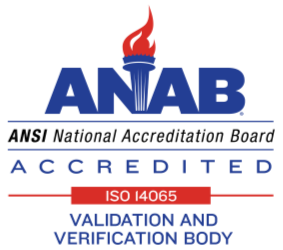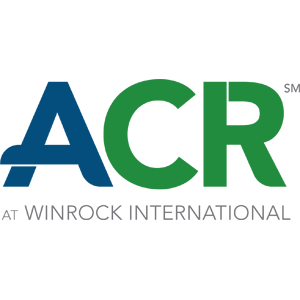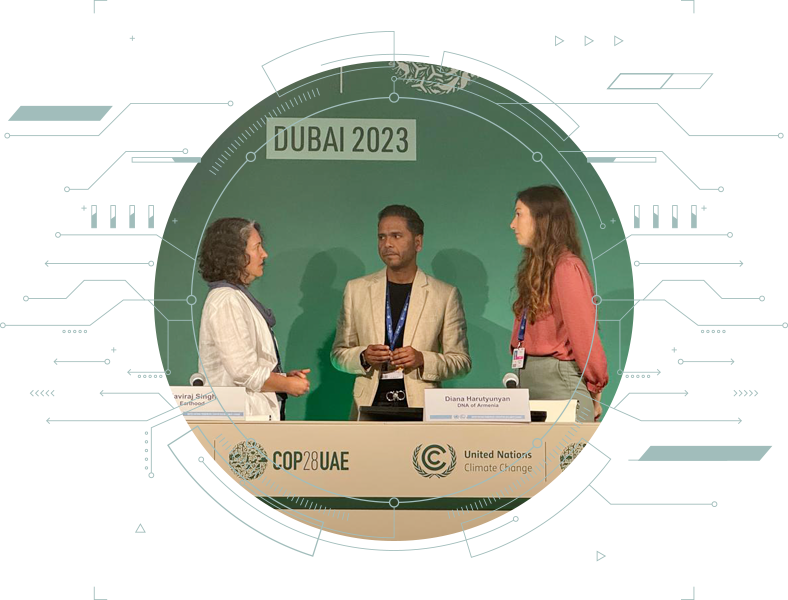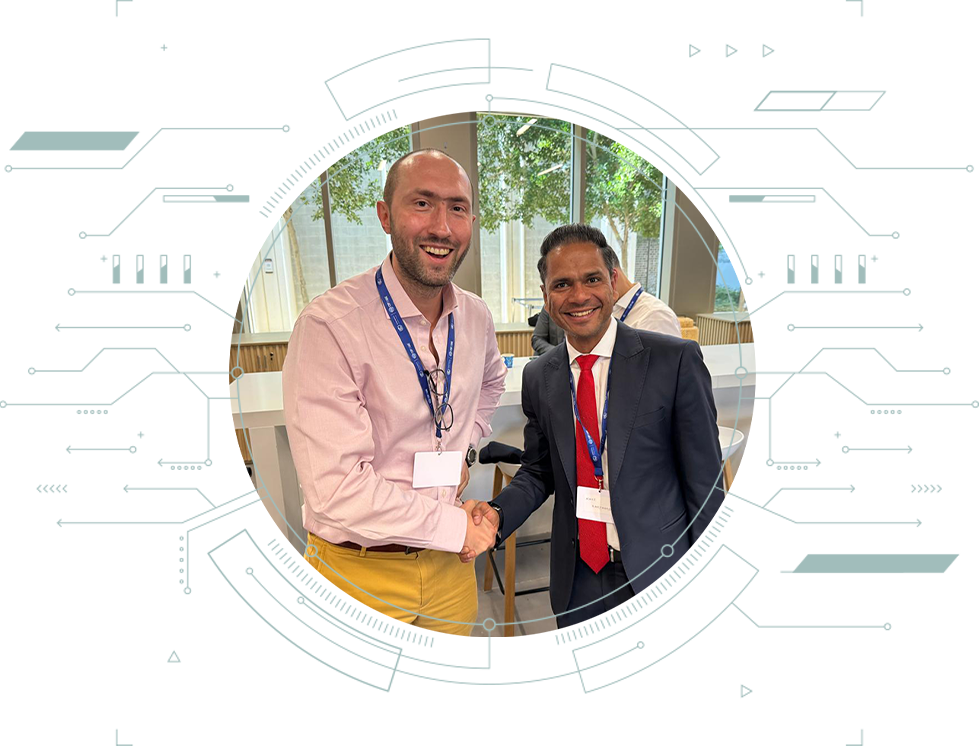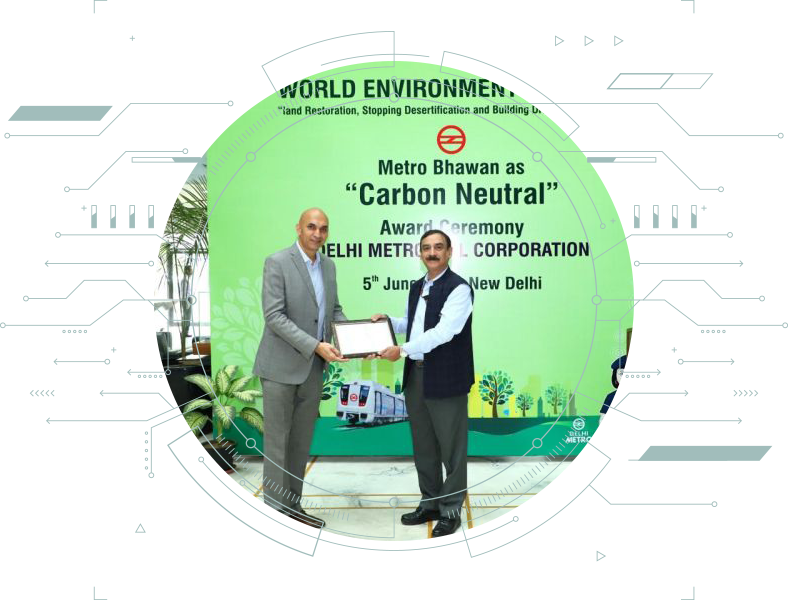
What is
Verified Carbon
Standard?
VCS or Verified Carbon Standard is a globally recognized benchmark for certification of carbon emission reduction projects. Established to ensure the transparency, rigor, and integrity of carbon offset projects, VCS has set the standards for accounting as well as reporting reductions of greenhouse gas emissions.
Projects that are certified under VCS undergo third-party validation and verification procedures thoroughly, ensuring they meet stringent criteria for sustainability, effectiveness, and positive impact. Adherence to the high standards makes the VCS-certified projects contribute to global climate action efforts, enabling businesses, individuals, and governments to confidently invest in initiatives that remove or reduce greenhouse gasses from the atmosphere.
Understanding the VCS Process
The VCS program champions a broad range of climate mitigation initiatives, from agriculture and forestry, to geologic carbon sequestration. A structured pathway would demonstrate measurable, real, and environmental advantages.
Through the VCS Program, projects that successfully reduce or remove carbon dioxide from the atmosphere are awarded Verified Carbon Units (VCUs), with each unit representing the equivalent of one metric tonne of CO2. This certification enables projects to enter the carbon market, turning their sustainability achievements into valuable assets that can fund further climate action.
VCS Standard
The cornerstone of the VCS Program, this document outlines the rigorous criteria projects must meet to gain certification, ensuring integrity and environmental impact.
Independent Auditing
Critical to maintaining the VCS's credibility, projects undergo thorough evaluation by independent auditors. These reviews confirm compliance with VCS rules, appropriate application of methodologies, adherence to local regulations, and safeguard against negative impacts on local communities.
Accounting Methodologies
Specific to each project type, the methodologies give detailed guidance on calculating GHG reductions, ensuring accurate and consistent reporting of environmental benefits.
Registry System
The Verro Registry transparently tracks every step of a project's journey, from initial registration to issuance and retirement of VCUs. The system ensures all VCUs are unique, preventing double counting and confirming transparency.
Certification Renewal
Regular re-verification and re-validation would maintain certification. Submission of updated documentation and monitoring reports would ensure continued compliance.
Reporting Requirements
Submission of yearly performance reports with regard to detailed GHG reductions and operational changes is expected. Regular assessment and reporting of environmental and social impacts would ensue.
Stakeholder Engagement
Engagement with local communities to address concerns and maintain an equitable distribution of benefits. Project information, such as performance and audit results is to be publicly accessible for transparency.
Market Integration
All claims about VCUs environmental benefits should be truthful and accurate. Active promotion of VCUs in voluntary markets and carbon trading systems should support market integration.

Why is VCS Important
for an organization?
Global Recognition
Verified Carbon Standard is internationally recognized and provides organizations credibility worldwide. This is a significant factor in gaining acceptance and support from global partners, stakeholders as well as clients.
Reputation and Credibility
VCS certification ensures that carbon offset projects comply with strict requirements, which enhances organizational credibility. The trustworthiness of VCS attracts customers, investors, and partners, who appreciate verified sustainable and transparent efforts.
Access to Carbon Markets
VCS certification allows businesses to gain access to carbon markets, which allows them to sell carbon credits. This can lead to new revenue streams and help to ensure sustainable financial management.
Environmental Impact
Through participation in VCS-certified initiatives, companies can significantly reduce carbon dioxide emissions. Participation in VCS projects demonstrates a real determination to fight climate change as well as safeguarding the natural environment.
Sustainability Objectives
VCS Certification supports organizations to meet their sustainability targets by guaranteeing the carbon offset initiatives have a positive and lasting impact and align with CSR initiatives.
THE VALUE OF VCS CERTIFICATION
FOR YOUR ORGANIZATION
Real Impact
Every greenhouse gas reduction is backed by tangible evidence, ensuring that the environmental benefits claimed have truly occurred. This principle guarantees that each carbon credit reflects a genuine contribution to combating climate change.
Permanence and Protection
Carbon credits represent permanent changes to the emissions landscape. For projects with potential reversibility risks, robust safeguards are in place, ensuring the longevity of the benefits and providing mechanisms for replacement or compensation if necessary.
Independent Verification
To uphold the highest standards, all emissions reductions are independently audited by accredited bodies with sectoral and regional expertise. This independent verification provides confidence in the integrity and validity of the credits.
Transparency
Openness in reporting and documentation is paramount. Projects are recorded in the Verra registry, making information accessible and promoting transparency across the carbon market.
Measurable Results
The quantification of greenhouse gas emissions reductions is rigorous, employing recognized measurement tools and methodologies. This ensures that every credit issued is grounded in a solid, credible emissions baseline, offering clear accountability.
Additionality
The essence of a carbon credit lies in its additionality — each credit signifies a reduction that goes beyond business as usual, representing emissions savings that would not have occurred without the specific project.
Uniqueness
Each Verified Carbon Unit (VCU) is distinct and tied to a specific emissions reduction activity, eliminating the risk of double counting or claiming. This uniqueness ensures that each credit contributes to a net positive environmental impact.
Conservative Approach
In calculating emissions reductions, conservative assumptions are applied. This cautious approach ensures that the impact of carbon credits is not overestimated, preserving the credibility of each credit issued.
Real Impact
Every greenhouse gas reduction is backed by tangible evidence, ensuring that the environmental benefits claimed have truly occurred. This principle guarantees that each carbon credit reflects a genuine contribution to combating climate change.
Measurable Results
The quantification of greenhouse gas emissions reductions is rigorous, employing recognized measurement tools and methodologies. This ensures that every credit issued is grounded in a solid, credible emissions baseline, offering clear accountability.
Permanence and Protection
Carbon credits represent permanent changes to the emissions landscape. For projects with potential reversibility risks, robust safeguards are in place, ensuring the longevity of the benefits and providing mechanisms for replacement or compensation if necessary.
Additionality
The essence of a carbon credit lies in its additionality — each credit signifies a reduction that goes beyond business as usual, representing emissions savings that would not have occurred without the specific project.
Independent Verification
To uphold the highest standards, all emissions reductions are independently audited by accredited bodies with sectoral and regional expertise. This independent verification provides confidence in the integrity and validity of the credits.
Uniqueness
Each Verified Carbon Unit (VCU) is distinct and tied to a specific emissions reduction activity, eliminating the risk of double counting or claiming. This uniqueness ensures that each credit contributes to a net positive environmental impact.
Transparency
Openness in reporting and documentation is paramount. Projects are recorded in the Verra registry, making information accessible and promoting transparency across the carbon market.
Conservative Approach
In calculating emissions reductions, conservative assumptions are applied. This cautious approach ensures that the impact of carbon credits is not overestimated, preserving the credibility of each credit issued.
Starting a VCS
Project Cycle

Generating Sustainable Ideas
Identification of impactful project concepts like reforestation, renewable energy, or methane capture, which can effectively reduce or remove greenhouse gasses.
Eligibility Criteria
Your project idea should align with VCS-recognized categories such as afforestation and reforestation, methane reduction, and renewable energy.
Designing the Project
Development of a comprehensive PDD or Project Design Document detailing the project's scope, methodology, and anticipated emission reduction outcomes.
Community Collaboration
Engagement of local communities and stakeholders to align the project with local needs and enhance its sustainability and success.
Third-Party Verification's Importance :
Request confirmation from independent auditors to verify the emission reductions achieved by the project as well as to ensure transparency and trust in the marketplace for carbon
Detail Verification Process :
Perform an exhaustive audit by auditors to verify conformity to the PDD and confirm the validity and validity of emissions reductions..
Validation's Role :
It is to ensure that the design and method of your project conform to VCS standards through preliminary validation, facilitating the process of verification to be more efficient.
Continuous Monitoring :
Perform regular monitoring to ensure that the project stays in line with its original plan and methodology, while continuing to meet the emission reduction targets.
Rigorous Data Collection :
Keep exact and precise emissions reduction information in compliance with the VCS's transparency reporting requirements..
Management of Deviations:
Address any deviations from the plan in a timely and efficient manner to ensure the credibility and integrity of the entire project..
Why Work With Us?
Navigating VCS
Compliance
Earthood demystifies VCS compliance, guiding your organization through every requirement and ensuring your project meets all standards.
Eligibility and Strategy
We assess your project's compatibility with the VCS framework and provide advice on the most effective strategies to maximize the impact of your project and achieve its goals.
Documentation and Design Excellence
From drafting your PDD or Project Design Document to outlining emissions reduction methodologies, Earthood’s expertise ensures your documentation is precise and compelling.
Fostering Community Connections
We understand the value of stakeholder engagement and help you build meaningful partnerships with local communities, enhancing the social and environmental benefits of your project.
Seamless Verification Coordination
We assist in the intricate process of coordinating with validators from third parties to ensure that the emission reductions you have negotiated are substantially and independently verified.
Validation and Verification Insights
With Earthood, navigating the validation and verification stages becomes straightforward, ensuring your project is on the correct track from the beginning.
Monitoring and Reporting Support
We provide robust monitoring and reporting tools that help you track your project's progress and then be able to report on its emissions reductions, accurately.
Data Management and Integrity
Correct information collection and management is crucial for VCS's success. Earthood provides solutions to ensure that your data is accurate, trustworthy, transparent, and reliable.
Adapting to Deviations
Projects may face unexpected challenges, we are here to help you address any deviations efficiently, ensuring they are handled with transparency and integrity.
Maximizing Your Carbon Credits
Beyond compliance, we offer insights into the carbon market, helping you understand and navigate the trading or retiring of your Verified Carbon Units (VCUs).
End-to-End Project Support
Earthood is your partner throughout the entire VCS journey, offering continuous assistance from the beginning of your project to the fulfillment of your environmental goals.
Meet the Earthood Carbon
Auditing Professionals
At the heart of every impactful carbon audit is a team of dedicated professionals. Earthood takes pride in our cadre of seasoned experts, each bringing a wealth of knowledge, precision, and passion to the forefront of your sustainability efforts.


